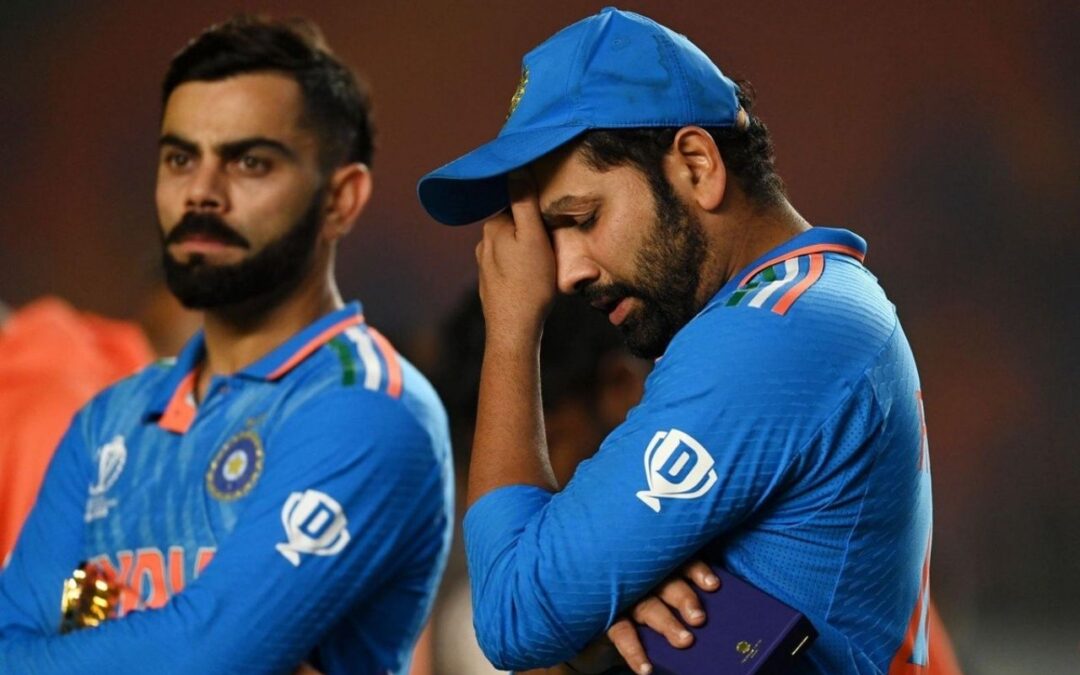In October 2025, the Board of Control for Cricket in India (BCCI) announced that Shubman Gill would take over the captaincy from Rohit Sharma as India’s One Day International (ODI) captain. During the team selection meeting held in New Delhi ahead of India’s upcoming tour of Australia, Ajit Agarkar the Chief selector disclosed the decision.
The move surprised many fans because Rohit had recently led India to victory in the ICC Champions Trophy 2025. However, the selection committee explained that the decision was part of a larger plan for the team’s future.
The Main Reason: Too Many Captains
Ajit Agarkar said it was “practically impossible” for India to have three different captains across formats, Tests, ODIs, and T20Is. At the time,
- Shubman Gill was leading in Tests,
- Rohit Sharma was leading in ODIs, and
- Suryakumar Yadav was the T20I captain.
According to Agarkar, having three captains made it difficult to plan and maintain consistency in team strategy and communication. The selectors therefore decided to streamline leadership by giving Gill both the Test and ODI captaincy.
Preparing for the 2027 ODI World Cup
Another key reason behind this decision was long-term planning. With the next ODI World Cup scheduled for 2027, the BCCI wanted to give the new captain enough time to build his team and leadership style.
Agarkar specified that India does not play a lot of ODIs now, so delaying the captaincy change would give Gill less time to adjust before the 2027 World Cup. By giving him the role early, the selectors believe the team can be better prepared for the tournament.
Confidence in Shubman Gill
The selectors also expressed strong faith in Shubman Gill’s leadership ability and form. Gill has been consistent as a batsman, scoring heavily across formats, and is seen as one of India’s future stars. Gill is already India’s Test captain, and making him the ODI captain too fits the board’s plan to create more unity and stability in team leadership.
Rohit Sharma Still in the Team
Even though Rohit Sharma stepped down as captain, he continues to be a key player in India’s ODI team. Agarkar specified that the decision was not due to his performance, and Rohit will still play as an opening batsman and provide advice as a senior team member.
The selectors said they had spoken to Rohit before taking the decision, and that his contribution as a captain and player is highly respected. Ajit Agarkar stated, “Even if India hadn’t won the Champions Trophy, it would still have been a tough decision. But you have to consider what’s best for the team. One-day cricket is challenging, and it’s important to make the decision early so the new captain has enough time to settle in.”
What This Means for Indian Cricket
- Shubman Gill now leads in both Tests and ODIs, creating a more consistent leadership structure.
- Suryakumar Yadav continues as T20I captain, giving India just two captains instead of three.
- Rohit Sharma remains in the side as an experienced senior, guiding the younger players.
The decision may seem sudden, but it reflects the BCCI’s effort to plan ahead and prepare a smooth transition before major tournaments.
Conclusion
Rohit Sharma being removed as ODI captain was not a punishment or because of his poor performance. It was a planned decision to make leadership simpler, prepare for the 2027 World Cup, and give Shubman Gill time to settle into the role. Although Rohit’s captaincy brought success and trophies, Indian cricket is now focusing on developing the next generation, with Gill taking the lead.
Written by Kinjal Walantra


